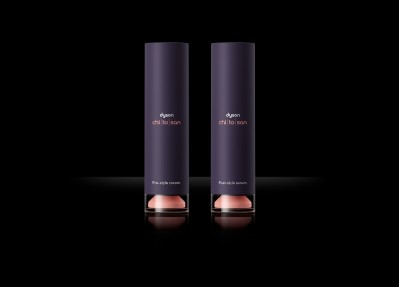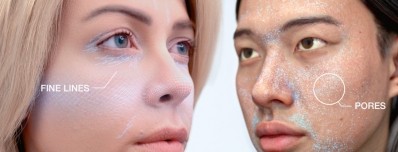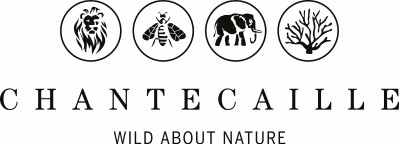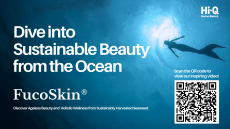Global beauty innovation has hit a 10-year low, says Mintel
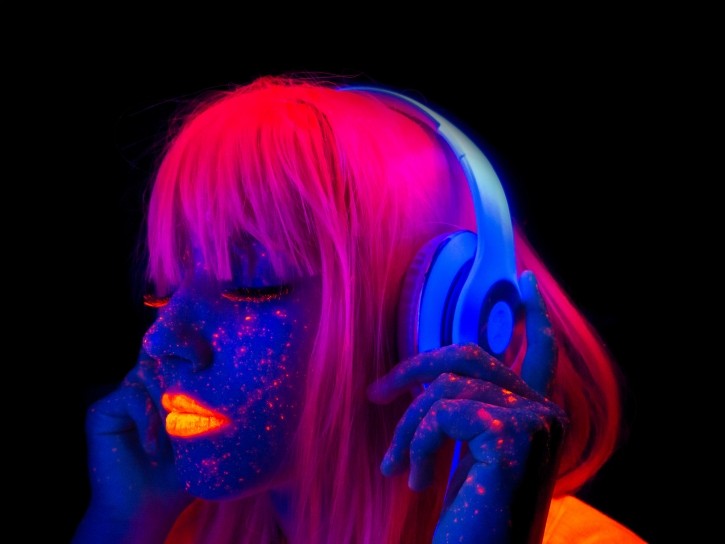
So far in 2024, over half (54%) of beauty launches have been a ‘renovation’ – for example: line extensions, reformulations, new packaging or relaunches.
Mintel said this is the lowest proportion of beauty innovation it has recorded in the past 10 years – as in 2015 almost two thirds (63%) of launches were genuinely new products.
Beauty innovation: still outperforming other CPG industries
However, in its new report, ‘The Role of Innovation in the Future of the CPG Industries’, Mintel said that the beauty and personal care category is still faring better than other CPG industries.
Across all CPG categories (food, drink, household, health, beauty, personal care and pet care) only 35% of global launches were genuinely new products. The Food and Drink sector has seen the least true NPD innovation – as just a quarter (26%) of CPG launches in 2024 were genuinely new products.
Commenting on the current state of global beauty NPD innovation, global beauty and personal care analyst at Mintel, Clotilde Drapé explained more: “BPC brands have witnessed a slowdown in launch activity compared to pre-Covid levels. While beauty companies tend to have lower barriers to entry than food and drink companies, they are also facing their share of difficulties.”
Among these trials and tribulations, Drapé named higher costs of raw materials, stronger consumer scrutiny around ingredients, and income squeezes as causes of beauty brands needing to rethink their business models over the past few years.
“For well-established brands, reformulations and range extensions are a safe investment as consumers are already familiar with their lines of hero products and the companies are able to invest in campaigns that bring a sense of newness to the launches,” she said.
Beauty innovation growing in Middle East & Africa
Mintel’s data also revealed that beauty and personal care product innovation in the Middle East and Africa region has been growing, thanks to the emergence of local brands.
Examples of brands that had been innovating in the Middle East/Africa regions included: Asteri Beauty's 45 Degree Blush that targets the desert climate; UAE brand Peacefull creating a South Korean skincare range tailored for the Middle East; Kiss Beauty Make Up Fix Spray SPF 30 Isolation; and Niya Liquid Foundation.
Drapé said there has been a host of emerging beauty brands in the region that are “embracing the cultural heritage and diversity of the region by empowering local communities and catering to specific consumer needs.”
She gave another example of Salwa Petersen in Chad, which uses an indigenous Chèbè plant in its products that claims to promote hair growth. The plant is grown and harvested at the founder’s local organic farm.
“Local brands in the Middle East compete with international brands by speaking directly to local consumers’ cultural heritage, as done by Asteri Beauty for instance,” shared Drapé, while also noting that: “for established market players in European countries, it can take longer to take a new product to market due to heightened consumer scrutiny around ingredient transparency.”
Elaborating on this issue, Drapé said that, for example, Mintel’s data showed that 69% of French adults agreed that beauty brands should provide more scientific evidence to validate the claims.
“Prestige brands especially need to navigate innovation more carefully as any backlash could cost up to millions to a brand and hurt consumer trust,” she continued.
“This was acutely felt by Guerlain and its Orchidée Impériale cream, which said it used ‘quantum science’ and then had to publicly clarify the term to avoid “science-washing” criticism.”
Is regulatory compliance slowing beauty NPD?
There are also more and more strict regulatory compliance rules to consider, too, although this can vary across markets.
In the EU for example, regulatory compliance impacts how quickly a product can be brought to market, as companies need to comply with increasingly strict legislation around claims, packaging and ingredients.
“Markets like the US have other issues, such as a very fast turnover of brands,” said Drapé. “With new brands quickly emerging but struggling to stay competitive with very few that manage to become sustainable in the long-run. However, the country is a key inspiration in the beauty industry as it has disrupted the market with innovation multiple times with brands like Glossier, Deciem or DS & Durga.”
The US now faces new regulations that bear more similarity to the EU ones, due to its Modernisation of Cosmetics Regulation Act of 2022 (MoCRA), which will require both US and overseas cosmetic facilities to register with the FDA.
Drapé believed that this “might slow innovation capabilities in the short-term but will reassure consumers of product and ingredient quality in the long-term.”
Consumer appetite for beauty products “remains strong”
Despite these statistics showing an innovation slowdown, Drapé said that consumer appetite for the beauty and personal care categories remains strong and that the category has continued to see consumer engagement, especially on platforms like TikTok where younger consumers have (re)discovered beauty brand staple products such as the Clinique Black Honey or the Drunk Elephant Bronzing drops.
“In the long-term, this might bring a new dynamic for brands and encourage investment and expansion of certain hero product lines that they know consumers enjoy,” she said.
“For example, Clinique launched a gloss version of its Black Honey lipstick this year, but also provide revenue to drive 'new' innovation in the long-term as new consumers become acquainted with the brands.”
AI shows “potential” for future beauty innovation
She also noted that AI technology could improve the situation and highlighted the skin care brand Deinde, which was incubated by L’Oréal-backed startup, Debut.
“Circling back to the topic of AI, this is probably where this technology will have the most potential for beauty companies,” she explained. “AI will help develop new ingredients, new packaging designs, better navigate regulation and generate faster product ideation with Generative AI technology.”
“Beauty companies will also better understand their consumers thanks to more granular data analysis capabilities and as a result improve consumer understanding to target new product innovation that will resonate with their target market and improve return on investments,” she concluded.
